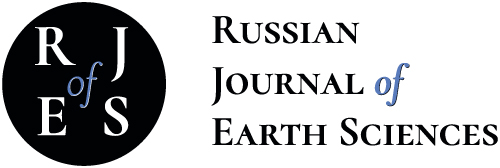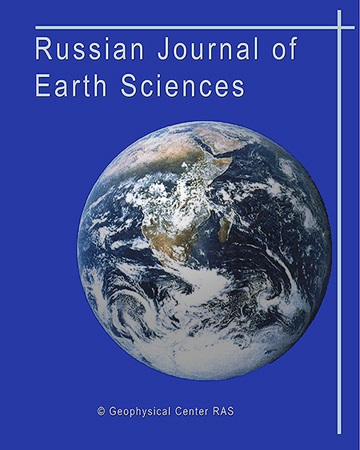Adoption of information and communication technologies and access to the Internet is expanding in Africa, but because of the rapid growth elsewhere, a Digital Divide between Africa and the rest of the world exists, and the gap is growing. In many sub-Saharan African countries, education and research sector suffer some of the worst deficiencies in access to the Internet, despite progress in development of NRENs National Research and Education cyber Networks. By contrast, it is widely acknowledged in policy statements from the African Union, the UN, and others that strength in this very sector provides the key to meeting and sustaining Millennium Development Goals. Developed countries with effective cyber-capabilities proclaim the benefits to rich and poor alike arising from the Information Revolution. This is but a dream for many scientists in African institutions. As the world of science becomes increasingly Internet-dependent, so they become increasingly isolated. eGY-Africa is a bottom-up initiative by African scientists and their collaborators to try to reduce this Digital Divide by a campaign of advocacy for better institutional facilities. Four approaches are being taken. The present status of Internet services, problems, and plans are being mapped via a combination of direct measurement of Internet performance the PingER Project and a questionnaire-based survey. Information is being gathered on policy statements and initiatives aimed at reducing the Digital Divide, which can be used for arguing the case for better Internet facilities. Groups of concerned scientists are being formed at the national, regional levels in Africa, building on existing networks as much as possible. Opinion in the international science community is being mobilized. Finally, and perhaps most important of all, eGY-Africa is seeking to engage with the many other programs, initiatives, and bodies that share the goal of reducing the Digital Divide either as a direct policy objective, or indirectly as a means to an end, such as the development of an indigenous capability in science and technology for national development. The expectation is that informed opinion from the scientific community at the institutional, national, and international levels can be used to influence the decision makers and donors who are in a position to deliver better Internet capabilities.
eGY-Africa, digital divide, Internet services, cyber-infrastructure, science in Africa
1. Amory-Mazaudier, Book of History of geomagnetism and aeronomy, Solar varibility and Geomagnetism, collected and edited by W. Schroder, v. B, 2002.
2. Amory-Mazaudier, Journal of Atmosphere and Solar terrestrial Physics, v. 67, no. 4, 2005.
3. Barry, Fall 2008 Internet2 Member Meeting, 2008.
4. Barry, IST-Africa 2008 Conference Proceedings, P. Cunningham, M. Cunningham, Eds, 2008.
5. Chukwuma, IHY-Africa/SCINDA 2009 Workshop, 2009.
6. Davila, Basic Space Science initiatives, Science Direct, space policy, v. 33, 2007.
7. Duncan, Fall 2008 Internet2 Member Meeting, 2008.
8. Harrison, Astronomy and Geophysics, v. 46, no. 3, 2005.
9. Kitamura, Proceedings IAU Symposium 2007, 2007.
10. Mathis, Computer Communication Review, v. 27, no. 3, 1997.
11. Matthews, IEEE Communications Magazine, v. 38, no. 5, 2000.
12. Tusubira, Fall 2008 Internet2 Member Meeting, 2008.
13. Zhizhin, Earth Science Informatics, v. 2, 2009.














